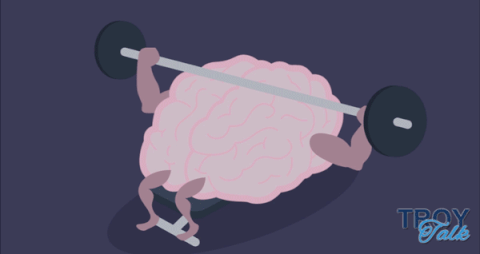Mental health is a tricky subject that is often avoided in conversation. But Mental Health Awareness Week is about opening up about mental health issues and what we can do to spread awareness and help those and ourselves in need.
A shocking 45% of adults will suffer with a mental health issue at some point in their lives with anxiety and depression being the most common. Scarily, one in seven children aged 4 – 14 will experience a mental health issue whilst a quarter of 16 – 24 year-olds will be experiencing a mental health issue at any given time.
Although there are a variety of public services that can help people with mental health issues, what standard lifestyle things can we do for ourselves to prevent and cope with them?
TALK ABOUT YOUR FEELINGS
There is nothing to be ashamed of and it’s okay to not be okay. Suffering with depression and/or anxiety can feel lonely but it doesn’t have to be; opening up to people you trust and love is a way of allowing someone to help you and accompany you on your mental health journey. It also prevents the build up of bottled emotions. Click here to learn more about talk therapy and how talking about your feelings can help you heal and thrive.
DRINK SENSIBLY
When you’re feeling down or struggling with a mental health issue, drinking can be tempting as it might temporarily numb the pain. But alcohol is a depressant if drank in large quantities and will only cause you to feel even worse the next day.
KEEP ACTIVE
You’ve probably heard it before and many of us know all too well that going to the gym or out for a run when you’re suffering with a low mood can be extremely difficult. Take it from me, an hour in the gym, regardless of how hard it was to get there, was worth it every single time. Regular exercise releases endorphins that give you that mood boost you’ve been after, and of course, it’s physically great for you too!
TAKE A BREAK
Don’t feel guilty or be ashamed in you need to take a break from things that are stressing you out i.e. work. Mental health comes before anything and if a day off work or university is what you need to get your head straight and relax, then there’s no harm really. However, if mental health issues are interfering regularly with your day-to-day life then its important you seek professional help.
KEEP IN TOUCH
It might be hard, but try not to isolate yourself. Fighting mental health issues is lonely enough so don’t try and do it alone. Keep in touch with friends and family and make an effort to do the things you enjoy with them.






